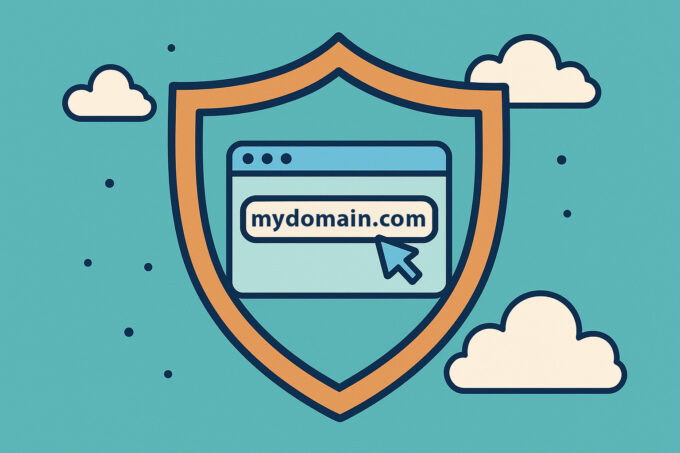Email communication remains an integral aspect of professional interaction. The manner in which we present ourselves via email holds substantial significance, often being the initial point of contact with clients, partners, or potential customers. Utilizing a professional domain for email communication is more than just a formality; it is a pivotal element in brand promotion and building a credible business identity.
The Power of a Professional Domain
A professional domain email aligns your business communication with your brand name, offering a sense of legitimacy and trust to recipients. When every email bears your business name in the domain (e.g., yourname@yourbusiness.com), it reinforces brand recognition and fosters a cohesive brand image.
Control and Ownership
Unlike free email services, a professional domain email provides greater control and ownership over your communication channel. With full control over your domain, you can manage user accounts, security features, and maintain consistency in branding across all email correspondence.
Use of your domain with other email providers
The beauty of having a professional domain for your business email doesn’t confine you to a specific email platform. In fact, popular email services like Gmail or Outlook allow seamless integration with your custom domain. By utilizing these platforms, you can enjoy the familiar and robust features they offer while still presenting a professional front with your branded domain. Setting up your domain with Gmail or Outlook not only maintains the credibility of your brand in every email but also grants you access to the advanced functionalities and security measures these platforms provide. This integration enables you to harness the power of both a personalized domain and the user-friendly interfaces and tools offered by these widely-used email services. So, if you love your Gmail interface or your Outlook client on your PC – you can continue with the known habits and email view.
Branding through Every Email
Every email sent from a professional domain becomes a subtle yet powerful marketing tool. Consistent branding elements in emails, such as a customized signature with the company logo, contact information, and a standardized format, serve as a constant promotional tool for your business. Employ every message you send to remind and engrain your business name in the clients’ perception of your brand.
Best Practices for Professional Email Communication
Implementing best practices further elevates the professionalism of your email communication. Incorporating an email signature that includes your name, position, company, and contact details adds a personal touch while reinforcing your brand. Setting up an auto-response with the proper business name assures clients of your reliability and commitment to prompt communication.
In conclusion, the utilization of a professional domain email significantly impacts the impression and credibility of your business. It’s not merely an address but an extension of your brand, influencing how your business is perceived. By adhering to best practices and utilizing a professional domain, businesses can fortify their brand, foster trust, and maintain consistent and reliable communication with clients and partners.



